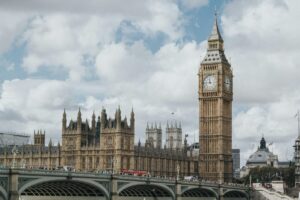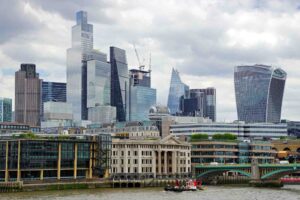Residents in London and the Southeast made up 62% of UK taxpayers admitting evading tax by hiding assets offshore last year*, says UHY Hacker Young, the national accountancy group.
Last year, 3,054 taxpayers voluntarily disclosed to HMRC that they had not paid tax on assets they held offshore. 1,903 of these individuals lived in London or the South-East of England.
London’s SW postcode area – including Chelsea, Fulham and Wimbledon – ranks first out of 122 areas in the UK for the highest number of taxpayers confessing to offshore tax evasion last year, with 214.
Outside of London, Twickenham, Guildford, Reading, Redhill, and Edinburgh postcodes are home to the highest numbers of taxpayers disclosing offshore tax evasion (see table below).
Taxpayers wishing to disclose untaxed offshore assets to HMRC can do so through the Worldwide Disclosure Facility (WDF). The WDF allows taxpayers to voluntarily tell HMRC about the unpaid tax, in exchange for a lower penalty than HMRC would levy if it discovered it through an investigation. ‘Super penalties’ of up to 200% of tax owed can apply if HMRC discovers offshore evasion in an investigation.
HMRC now receives information on taxpayers’ offshore assets from tax authorities abroad through the Common Reporting Standard. Taxpayers’ names, addresses, and the amount received in offshore income are revealed to HMRC from 121 participating countries, including traditional offshore jurisdictions like Switzerland, Bermuda, the British Virgin Islands and the Cayman Islands.
Neela Chauhan, private client tax partner at UHY Hacker Young, says: “London and the South East has a concentration of wealthy individuals – and seemingly a concentration of offshore tax evaders too.”
“Anyone with undeclared offshore assets should be aware that it is getting more difficult to hide them with each passing year. If HMRC hasn’t contacted them about it it’s probably because it hasn’t reached them in its database yet. It almost certainly has the information already.”
“It’s better for taxpayers to voluntarily admit to holding offshore assets, as opposed to being found out by HMRC. It’s vital to take professional advice before doing that however, in order to have a better chance of getting a fair outcome.”
Top 20 areas for disclosures of offshore tax evasion in 2021/22

* Year end October 31 2022. Source: HMRC














